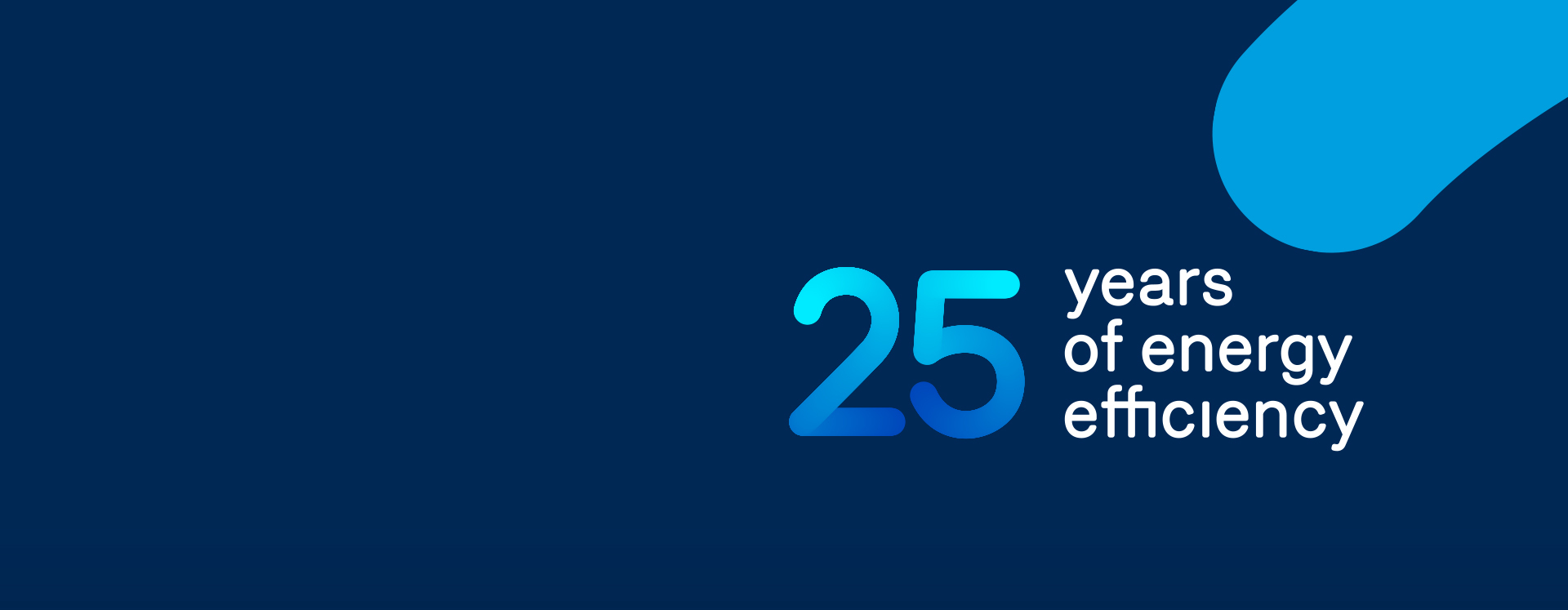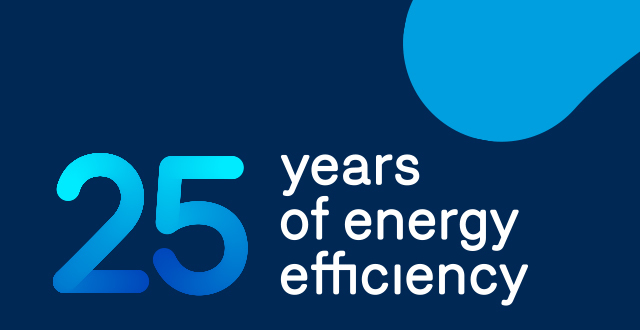One of Énergir's objectives is to help its customers reduce their energy consumption. That is why since 2001, Énergir has been offering its customers energy efficiency programs for purchasing high-efficiency appliances or for implementing energy efficiency projects. These programs allow you to reduce your energy consumption, save on operating costs and invest more in your growth. See the list of programs below to learn more about the grants available.
Efficient Appliances - Business
Energy audit and implementation
- Study and implementation
- Recommissioning
- Energy management system
- Optimizing boiler systems
- Steam trap maintenance
Efficient construction and renovation
Renewable energy
Low-income household Support

Renovation
This program is aimed at encouraging renovations that will improve the thermal envelope of buildings to make them more energy efficient.
Construction
The Program is aimed at encouraging the construction of energy efficient buildings that will reduce their operating expenses and increase their resale value.
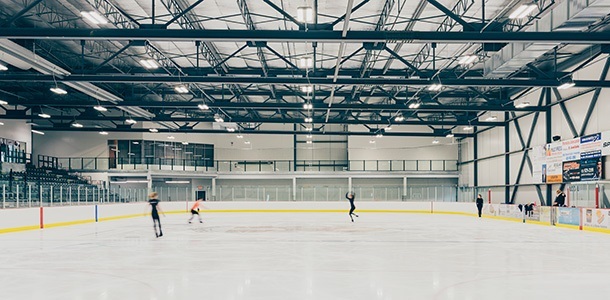
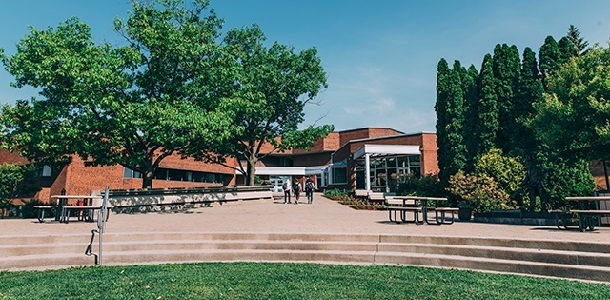
Study and implementation
This program is divided into two components and aims the study and implementation of energy efficiency measures to optimize the use of natural gas and reduce energy consumption such as the heath recovery, the optimization of the steam network or the optimization of the boiler room.
Recommissioning
Encourage the process of recommissioning existing mechanical systems in buildings in order to reduce annual energy consumption.
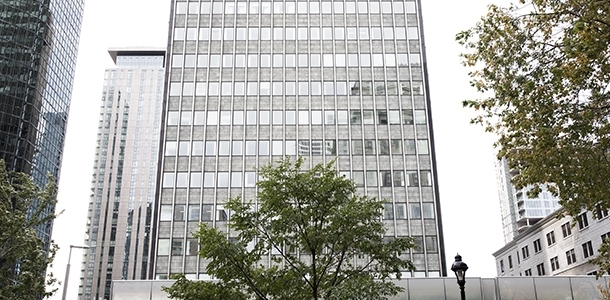
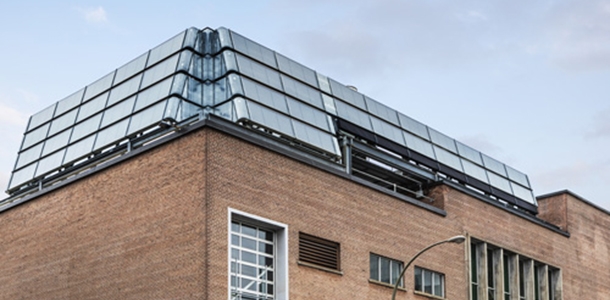
Solar preheating
Encourage the purchase and installation of a solar air preheating system for space or water preheating system.
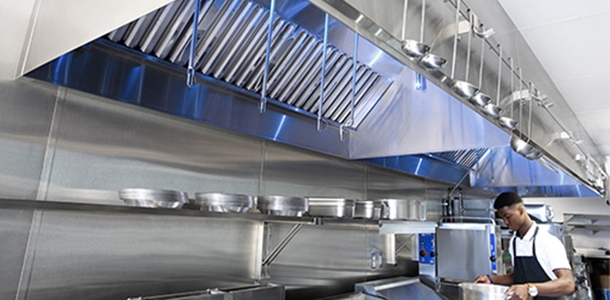
Innovation
The Innovation Program aims to identify and develop energy innovations that make a more efficient use of natural gas, have good market potential, and save energy.

Supplement for low-income households
This program offers supplementary financial assistance to owners of multi-teant buildings with four or more units, one or more occupied by low-income households. The supplementary financial assistance is then shared between the building owner and the low-income households renting a unit in the building where the energy efficiency work is being carried out.
